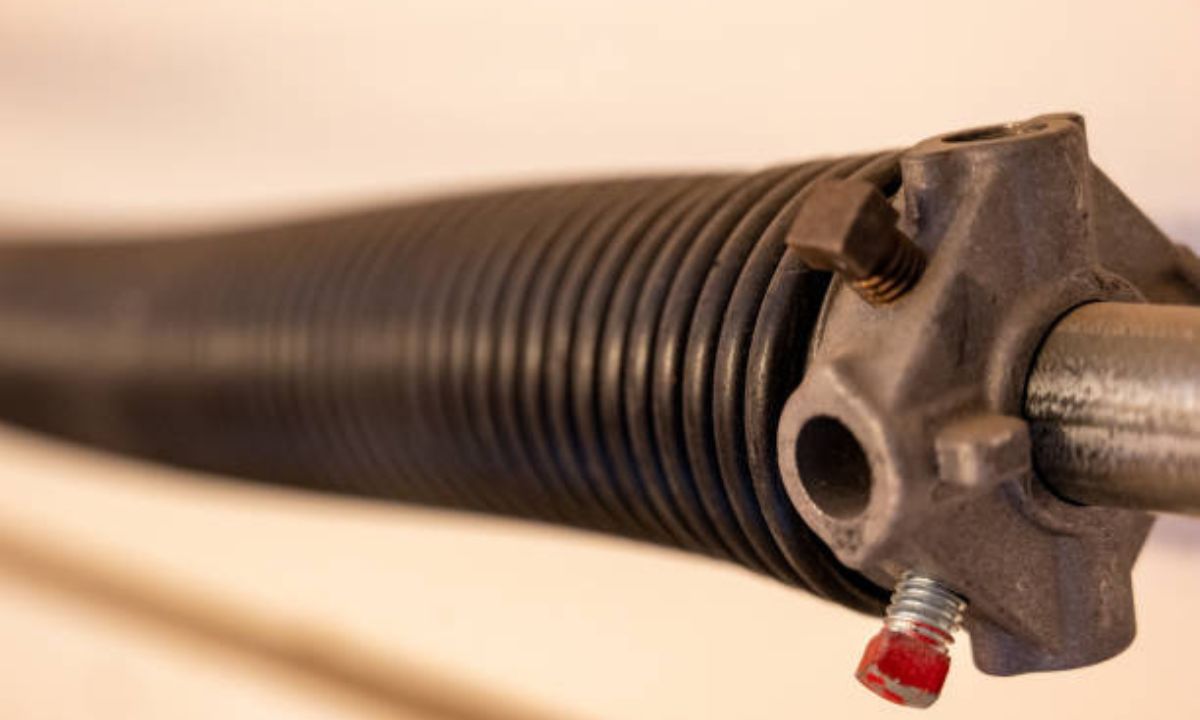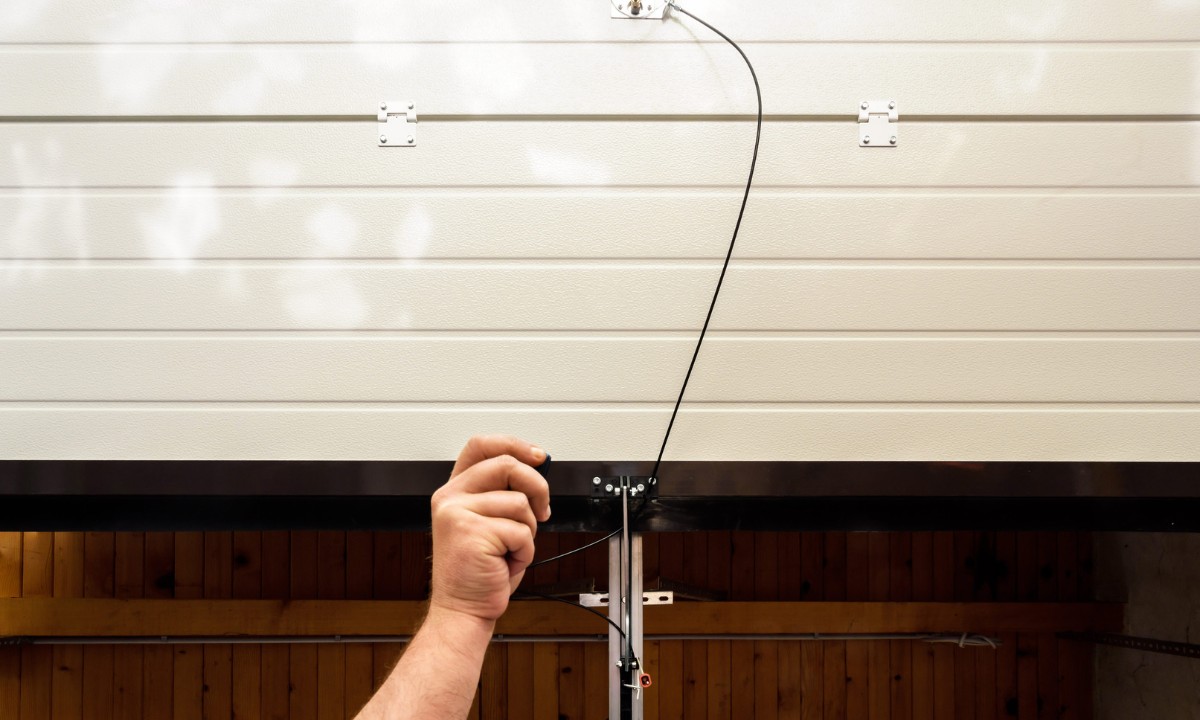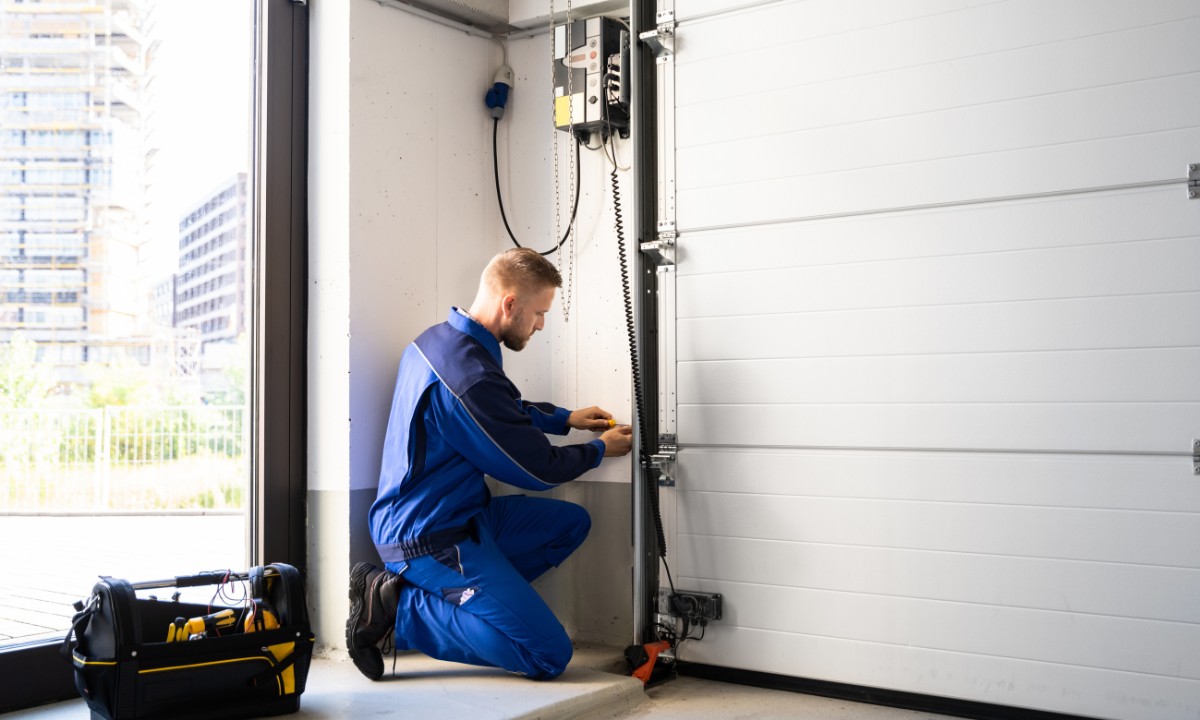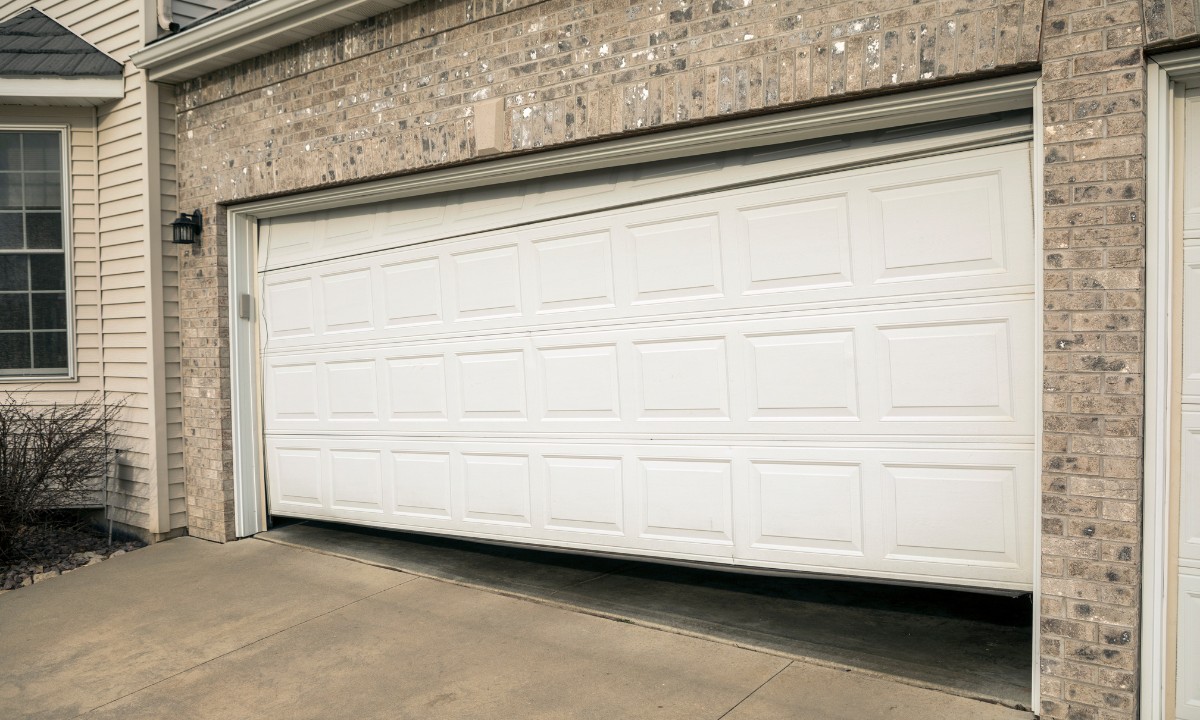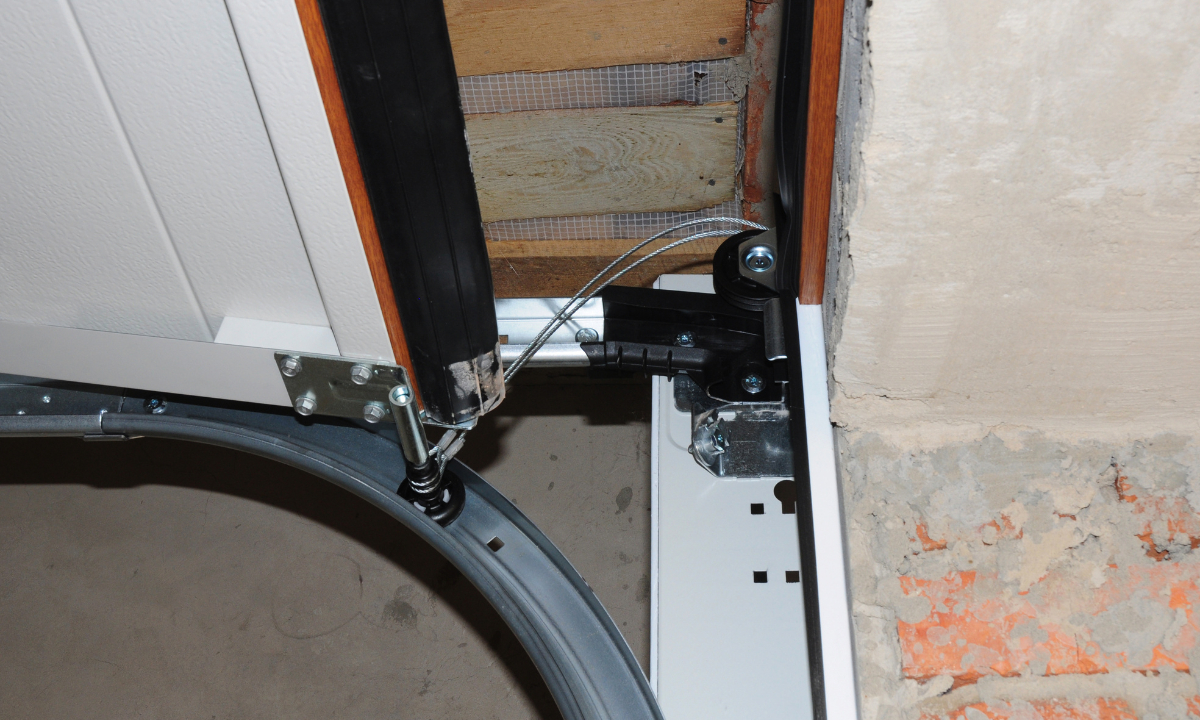Frequent Problems with Garage Door
Springs in Highlands Ranch, Colorado
Introduction
Highlands Ranch, Colorado, is a
developing suburban area characterized by a wide range of meteorological
conditions, including chilly winters and hot summers. Residents in this area
depend on their garage doors for security and convenience, but the weather in
this location may be harsh on garage door parts, particularly the springs.
Garage doors must be kept in good working order to ensure safety and avoid
expensive repairs. This requires routine maintenance and prompt repairs.
What You Need for Garage Door Repair
in Highlands Ranch, Colorado
Highlands Ranch garage door springs
are subject to wear and tear because of the regular variations in weather and
temperature. Because garage doors are subjected to extreme weather and regular
use, homeowners frequently experience problems with rust, tension loss, and
breaking.
Contact Information
Call David Garage Door Spring Repair
at 720-637-1313 for professional garage door spring repair services in
Highlands Ranch.
Different Spring Repair Types
The two main spring types used in
garage doors are subject to certain problems over time. These are.
The garage door's torsion springs,
which are situated above it, twist to raise the door. Despite being generally
more resilient than extension springs, they nonetheless need to be maintained
frequently because of their continuous tension. The door may become heavy and
challenging to open if the torsion springs break.
Extension Springs
As the garage door opens and shuts,
these springs, which are fixed to the edges of the door, expand. Although they
are more popular on lighter doors than torsion springs, they are also more
prone to wear and damage. Uneven door movement may result from extension
springs snapping or losing tension.
Typical Problems with Springs
Springs for garage doors are
important parts, and there are a few common problems with them, particularly in
the Highlands Ranch climate.
Broken Springs
Garage door springs might suddenly
break because of their frequent use and exposure to weather variations. This
happens more frequently in colder months when the metal becomes more fragile. A
damaged spring will make it difficult for the door to open correctly, and it
usually has to be replaced right away.
Loss of Tension
Garage door springs may become less
tense with time, which can make the door feel heavier or operate unevenly. This
may result in further wear and tear on the tracks and opener, among other
components of the garage door system.
Garage door springs are prone to
rust and corrosion in regions with high humidity or snowfall. This deteriorates
the metal and raises the risk of breaking. Although rust development can be
avoided with regular lubrication, if the rust is extensive, spring replacement
may still be necessary.
Noisy Operation
If your springs are noisy, they may
be worn down or not properly lubricated. To stop additional damage, your garage
door's springs probably need to be inspected or replaced if they create loud
squeaking or grinding noises.
Replacing Springs
Garage door springs should be
replaced as soon as they begin to show signs of wear since damaged springs can
harm other parts of the door system or be dangerous.
When and Why to Replace
Depending on usage, springs usually
need to be changed every 7 to 10 years. It's time to think about replacing the
door if you observe that it is difficult to open or close, or if the springs
are clearly rusted or have cracks in them. It is advised to replace both springs
at the same time in order to preserve balance and avoid uneven wear.
Selecting High-Cycle Springs
For homeowners who use their garage
doors regularly, high-cycle springs are a wise choice. Because of their longer
lifespan and increased capacity, these springs will perform better over time
and require fewer replacements.

